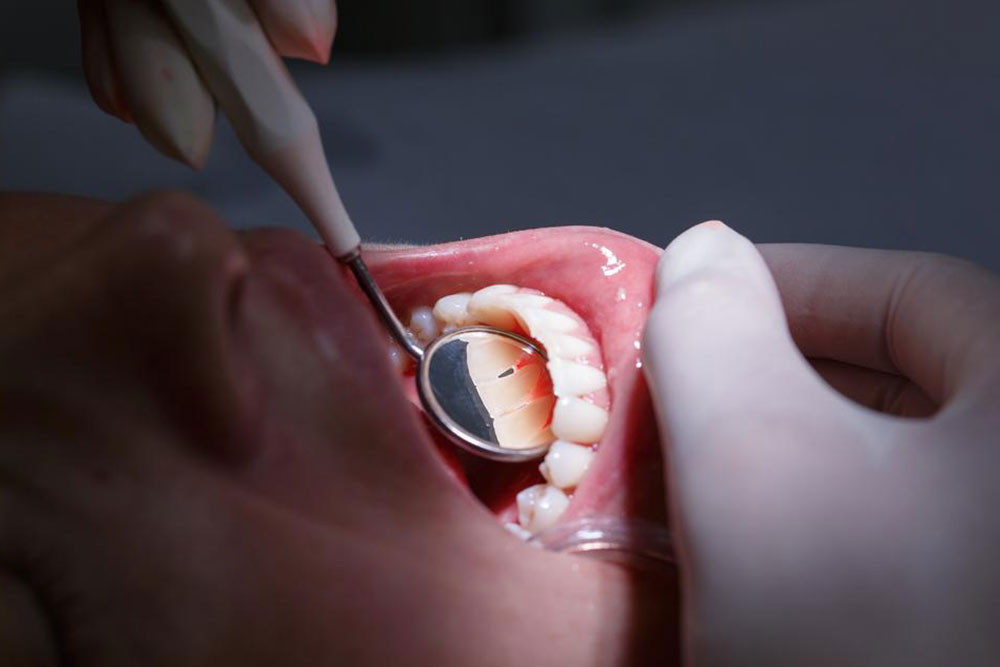Proven Methods for Reversing and Managing Receding Gums Naturally and Surgically
Discover effective natural and surgical methods to treat receding gums. Learn about lifestyle changes, such as quitting smoking and consuming green tea, alongside advanced surgical options like gum grafts and regeneration therapy. Early intervention and proper oral care are vital in reversing gum recession, preventing tooth loss, and maintaining healthy gums. This comprehensive guide provides practical insights for improving oral health and restoring confidence in your smile.

Proven Methods for Reversing and Managing Receding Gums Naturally and Surgically
Gum recession, medically known as gingival recession, is a common dental issue characterized by the gradual pulling back of the gum tissue from the tooth surface. This condition exposes the roots of the teeth, making them more vulnerable to decay, sensitivity, and infections. If left untreated, receding gums can lead to serious oral health complications, including tooth loss. Fortunately, early intervention and appropriate treatment strategies can effectively manage and, in some cases, reverse the progression of gum recession. This comprehensive guide explores natural remedies, lifestyle changes, and surgical options that are proven to help restore healthy gum tissue and safeguard your oral health.
Eliminating Harmful Habits: Quit Smoking for Better Gum Health
Smoking is one of the leading factors that accelerates the deterioration of gum tissue. The harmful chemicals in tobacco impair blood flow to the gums, impair healing, and promote inflammation, making periodontal tissues more susceptible to recession. Stopping smoking not only halts this destructive process but can also promote tissue regeneration. Quitting smoking can significantly slow or even reverse gum recession over time, aiding in the restoration of healthy gum levels and improving overall oral health. Dental professionals often recommend cessation programs and support to help individuals quit smoking for the benefit of their oral and general health.
Harnessing the Power of Green Tea
Green tea is rich in antioxidants called catechins, which possess anti-inflammatory properties beneficial for oral health. Regular consumption of green tea has been shown to reduce gum inflammation, inhibit bacterial growth, and promote tissue healing. Studies suggest that green tea can assist in reversing early-stage gum recession and help prevent the progression of periodontal disease. Incorporating green tea into your daily routine is a simple yet effective way to enhance gum tissue health. Additionally, green tea consumption offers protective effects against oral cancer and other oral infections, making it a valuable natural remedy for maintaining healthy gums.
Surgical Procedures for Gum Recession
When natural remedies and lifestyle changes are insufficient, surgical intervention may be necessary to manage gum recession effectively. Several advanced surgical options are available, tailored to the severity of the condition and the patient's specific needs. Gum tissue grafts—such as connective tissue grafts, free gingival grafts, and pedicle grafts—are common techniques where donor tissue is transplanted to cover exposed roots and restore gum coverage. These procedures help reinforce the gum line, reduce sensitivity, and prevent further recession. Surgical interventions also improve aesthetics and function, leading to better oral health outcomes.
Regenerative Treatment for Advanced Recession
In cases where gum recession has caused significant tissue and bone loss, regenerative therapy offers a promising solution. Using bone grafts, membrane barriers, or tissue-stimulating proteins, this approach encourages the body to rebuild lost bone and gum tissue. Regeneration procedures are typically performed under local anesthesia and may require a healing period. While effective, they can involve some discomfort and require diligent post-operative care. Early detection and treatment are critical to maximizing the success of regenerative therapies, emphasizing the importance of regular dental check-ups for at-risk individuals.
Proper oral hygiene practices, combined with professional dental care, play a vital role in preventing gum recession. Brushing twice daily with a soft-bristled toothbrush, flossing daily, and avoiding aggressive brushing can help preserve gum tissue. Routine dental visits enable early detection of recession and other periodontal issues, allowing for prompt intervention. Moreover, maintaining a balanced diet rich in vitamins and minerals supports tissue regeneration and overall gum health. Being proactive in your oral health can make a substantial difference in preventing the progression of receding gums and ensuring long-term dental wellness.





